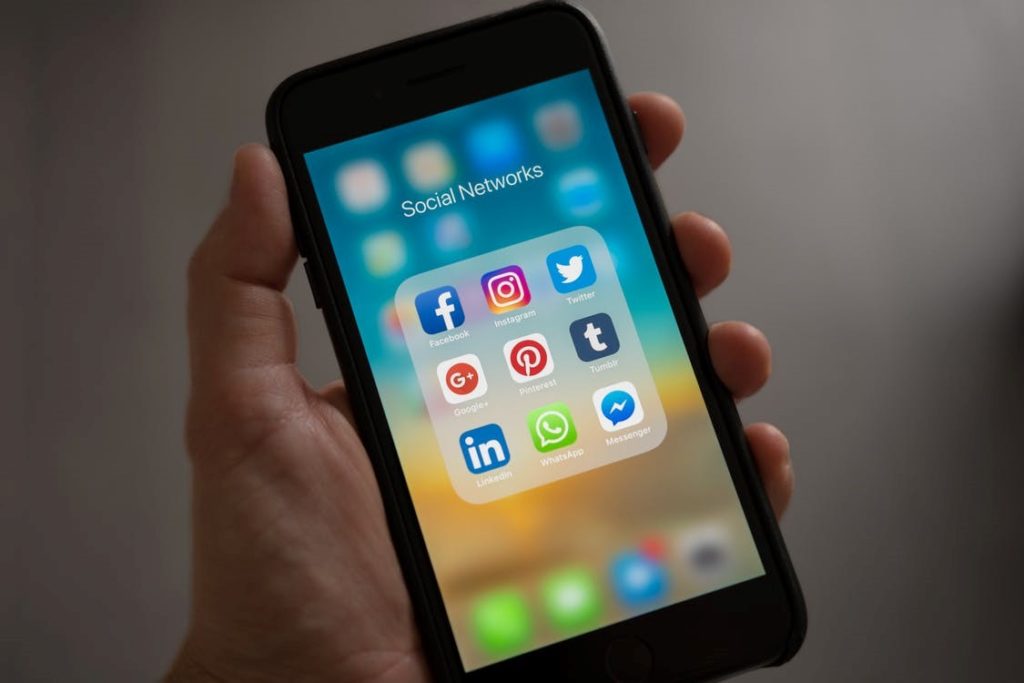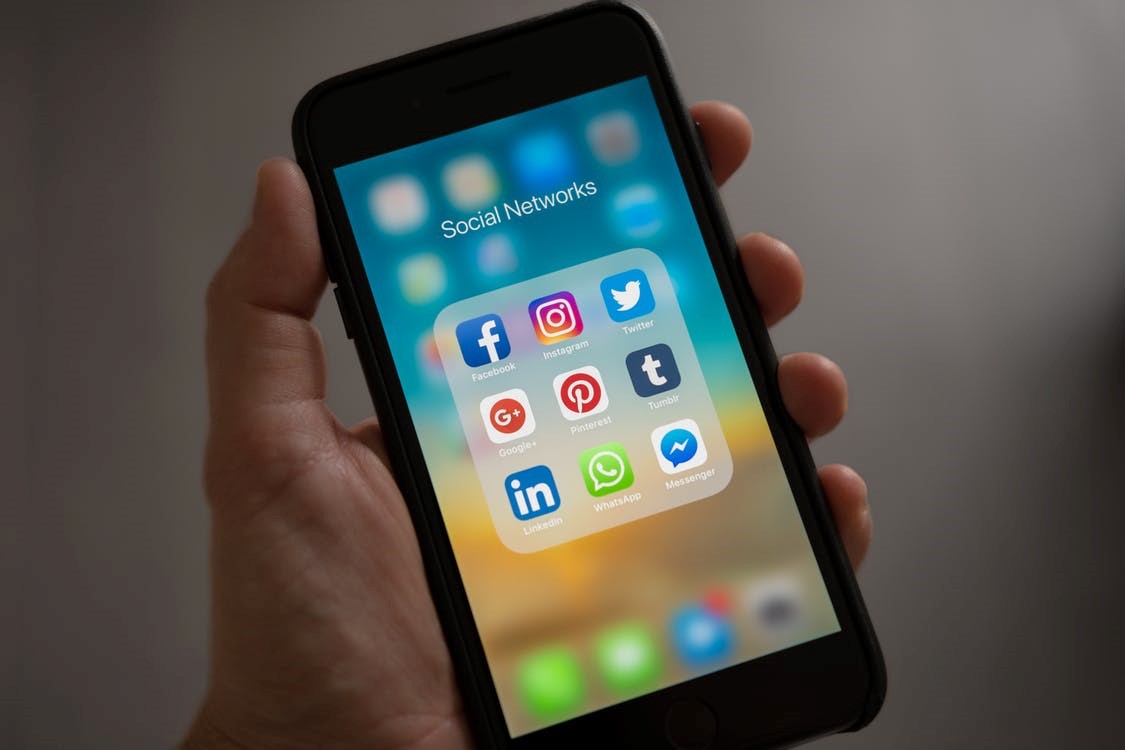Social media has the power to change lives, but these changes are not good. More than 2 billion people worldwide use Facebook, the most popular social media platform, to get news, communicate with family, and stay in contact with old friends.
 It’s attractive to think that such a widely used platform would naturally be safe to use, but in fact, that social media has a seriously damaging future. And if we do not all learn how to use it responsibly soon, it could have destructive consequences for our lives, including society.
It’s attractive to think that such a widely used platform would naturally be safe to use, but in fact, that social media has a seriously damaging future. And if we do not all learn how to use it responsibly soon, it could have destructive consequences for our lives, including society.
The argument for social media
1 Support.
Social networks are good ways to help stay accountable to goals, whether trying to get fit or build more vital money habits. No matter how far they are, the connection with people can keep you aware of your most important goals.
2 News.
Social media can also be an expensive source of information, spreading stories faster than traditional media outlets. So it’s also beneficial to help people read the news ordinarily would.
3 Coordination and planning
Some social platforms make it easy to coordinate with others, making it possible for people to stay in contact with one another or plan social gatherings or events for good causes.
6 Ways social media is unhealthy
Distraction loss of productivity.
Some employees turn to social media as a mental break from work, and taking a break is not dangerous; getting distressed can be a problem.
Addiction.
Consistent desire to check social media and make posts can become a habit. People suffering from social media addiction are not just frequently concerned with the platform: they force conflict and detriment to their relationships, health, and happiness.
Stress and mood.
Engagement on social media can also affect stress and mood. For example, one study found that those who browsed Facebook for 20 minutes had a lower mood than a control group who browsed the internet generally. In addition, negative online communication has also been shown to be associated with rates of depression.
Anxiety.
There’s also a high relation between the use of social media and anxiety. For example, people who used seven or more social media platforms were three times as likely as people using two or fewer platforms to experience symptoms of general anxiety upset.
Social isolation.
One study found that among people between the ages of 19 and 32, those who use the most time on social media were twice as likely to report feelings of social isolation. This is because social media bring people closer together. The problem is that people often feel limited and fulfilled with online interaction, so they do not follow a more fulfilling real-world one.

















